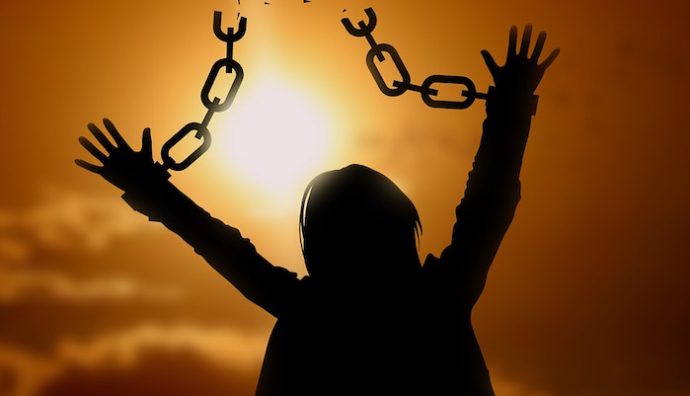Imagine the scene with me.
Years had passed since they had parted ways. Those years had humbled the brash, overconfident young man in the beautiful coat given to him by his father. Those same years, along with the struggle and famine, had softened the bitterness and anger of his brothers who had thrown him into a well and left him for dead. But all those memories, fears, and insecurities came flooding back in a moment.
Joseph was revealed. The same brother tossed into a well. The same brother abandoned by his family. The same brother who had been in and out of prison and now found himself with those who had betrayed—their fate in his hands. And what would he do with that power?
It seemed, much to his brothers’ dismay, that he would do good. That all would be forgotten, and that he who could end their lives would end their suffering instead. But could this really be true? Experience had taught them it couldn’t be. They had taught themselves it couldn’t be, for they were the ones who had perpetrated the violence against the very one who now stood in power over them, and they quaked with fear. What would he do with that power? What would be his response now that the proverbial shoe was on the other foot? And then he told them:
“Don’t be afraid. Am I in the place of God? You planned evil against me; God planned it for good to bring about the present result—the survival of many people. Therefore don’t be afraid. I will take care of you and your little ones.” And he comforted them and spoke kindly to them (Genesis 50:19-21).
As in most cases, there is as much in what Joseph didn’t say in that moment as in what he did. He did not say, for example:
- You’re pretty good guys after all.
- My political career would not be advanced by doing violence against you.
- I have hated you, but I still love my father. So for his sake, I am going to spare you.
- Okay, you get a reprieve. But it’s only so that I can have the satisfaction of knowing that you are in my debt forever.
Instead of these things, Joseph turned his eyes upward and drew on the truth of God’s sovereignty that had been forged in his own mind and heart through the years in slavery and in prison. And he passed along the truth of providence he had learned through those years to his brothers: “There is no doubt you meant what you did for evil. And yet there is also no doubt that God meant what you did for good.”
If we look back over the course of our lives, no doubt there are several events we can frame like this. We can see the redemptive hand of God, weaving the pain and hardship we’ve experienced into something good. And, at the end of that road, sitting in the midst of the apparent good, we can see His wisdom and power. We can do that for some things… but not everything. In the case of Joseph, he was standing in the middle of the good. It was tangible and visible. He could see that lives were being saved day in and day out. And to see that visible goodness is a gift, but it’s not one that always comes. Sometimes Genesis 50:20, when you can’t see the good yet, is less an expression of the reality of the moment and more an expression of faith. And in those moments, it is only by faith that we can look around, still in the midst of pain, still in the midst of brokenness, still in the midst of hardship, and say, “I choose to believe that God means this for good.”
That’s when we might be called strange. Or overly optimistic. Or out of touch with reality. It’s when there is no evidence in our present circumstances to warrant a confession like that. This was the case of some of those listed in Hebrews 11 among the heroes of the faith:
“And what more can I say? Time is too short for me to tell about Gideon, Barak, Samson, Jephthah, David, Samuel, and the prophets, who by faith conquered kingdoms, administered justice, obtained promises, shut the mouths of lions, quenched the raging of fire, escaped the edge of the sword, gained strength after being weak, became mighty in battle, and put foreign armies to flight. Women received their dead—they were raised to life again. Some men were tortured, not accepting release, so that they might gain a better resurrection, and others experienced mockings and scourgings, as well as bonds and imprisonment.They were stoned, they were sawed in two, they died by the sword, they wandered about in sheepskins, in goatskins, destitute, afflicted, and mistreated. The world was not worthy of them. They wandered in deserts and on mountains, hiding in caves and holes in the ground.
All these were approved through their faith, but they did not receive what was promised, since God had provided something better for us, so that they would not be made perfect without us” (Hebrews 11:32-40).
Some of them died. Some of them suffered. Some of them knew only the reality of pain. And yet they believed.
For those who do not get to look around them and see the good that God intends, they must look to something else beyond their circumstances. They must instead look not to what they can see but to what they know – the character of their God. We look to that character, above our circumstances, and we can say no matter what comes that God intends this for good.
Subscribe to MichaelKelley.co
Never miss a new post. Subscribe to receive these posts in your inbox and to receive information about new discipleship resources.




